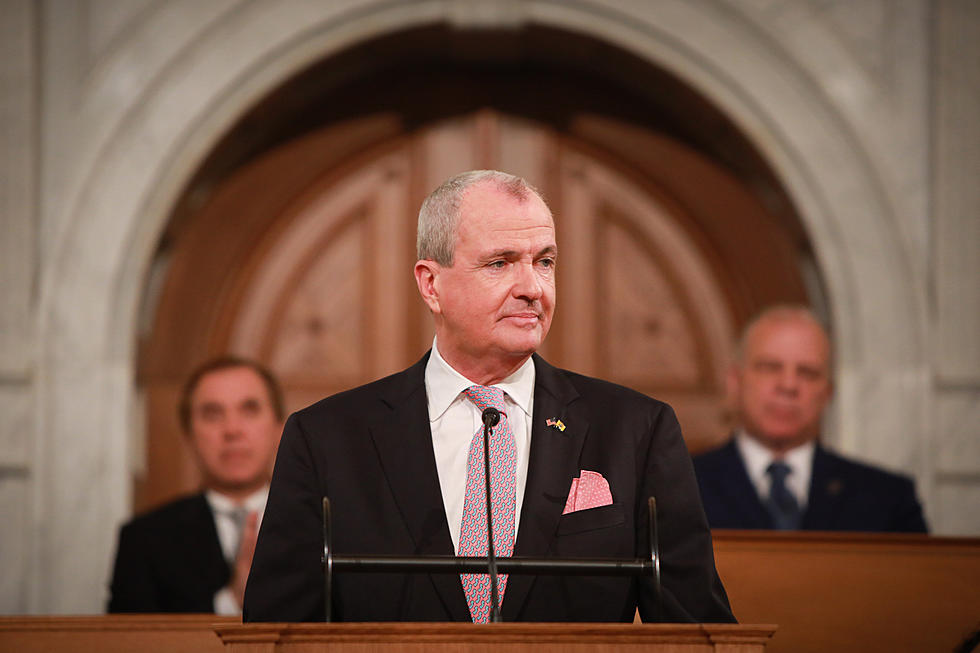
Murphy: ‘Show stopper’ benefits from millionaires tax
EAST BRUNSWICK – The “Who Wants to Tax a Millionaire?” show starring Gov. Phil Murphy has been renewed for a third season in Trenton.
Murphy says it’s popular among the general public and will eventually catch on with critics – who happen to run the Legislature.
“First of all, just because we haven’t gotten it done isn’t reason to give up doing something that we believe in,” said Murphy, who called higher taxes on income over $1 million “the right thing to do.”
Murphy says he’s optimistic it will eventually pass because public opinion polls show its popular and that the roughly $450 million in proceeds would be used to fund property tax relief efforts.
“Over time, water and other political realities, including political realities, find their normal resting place,” Murphy said. “And when you’ve got 70-something percent of the state, including a majority of Republicans who think it’s a good idea, I’m optimistic we’ll get there.”
Murphy also said it’s important that the resulting annual revenues, estimated in the past at $450 million, would be spent on direct property tax relief and school aid.
“So the use of proceeds are show stoppers. They’re unassailable. They go directly into the middle class of the state,” Murphy said. “We’re the quintessential middle-class state. As it goes, we go.”
Democratic legislative leaders have declined to advance a millionaires tax, despite Murphy’s exhortations. Senate President Steve Sweeney, D-Gloucester, said conditions changed when federal tax law was changed to limit state and local tax deductions.
Murphy, as he did Tuesday in his State of the State speech, said the state government needs to take steps now to anticipate a possible recession. He counts a millionaires tax among those steps.
“This is a very reliable, steady, year-in, year-out source of revenue that we’re going to need if we get into choppy waters,” Murphy said.
Michele Siekerka, president and chief executive officer of the New Jersey Business and Industry Association, said the NJBIA’s annual survey of business owners finds increasing concerns about a recession – but that talk of higher taxes can freeze business spending and make conditions worse.
“Our concern right now is we don’t want to see New Jersey in that effort. We don’t want any self-fulfilling prophecy,” Siekerka said.
Murphy declined to discuss other taxes or fees that might be included in his 2021 budget plan, which likely will be proposed in late February. But he alluded to revisiting other ideas that sputtered last year, such as taxes on opioid manufacturers and higher gun-related fees.

More From WPG Talk Radio 95.5 FM










